Over 190 nations adopt landmark biodiversity pact to restore natural ecosystems
Tue 20 Dec 2022, 10:46:55
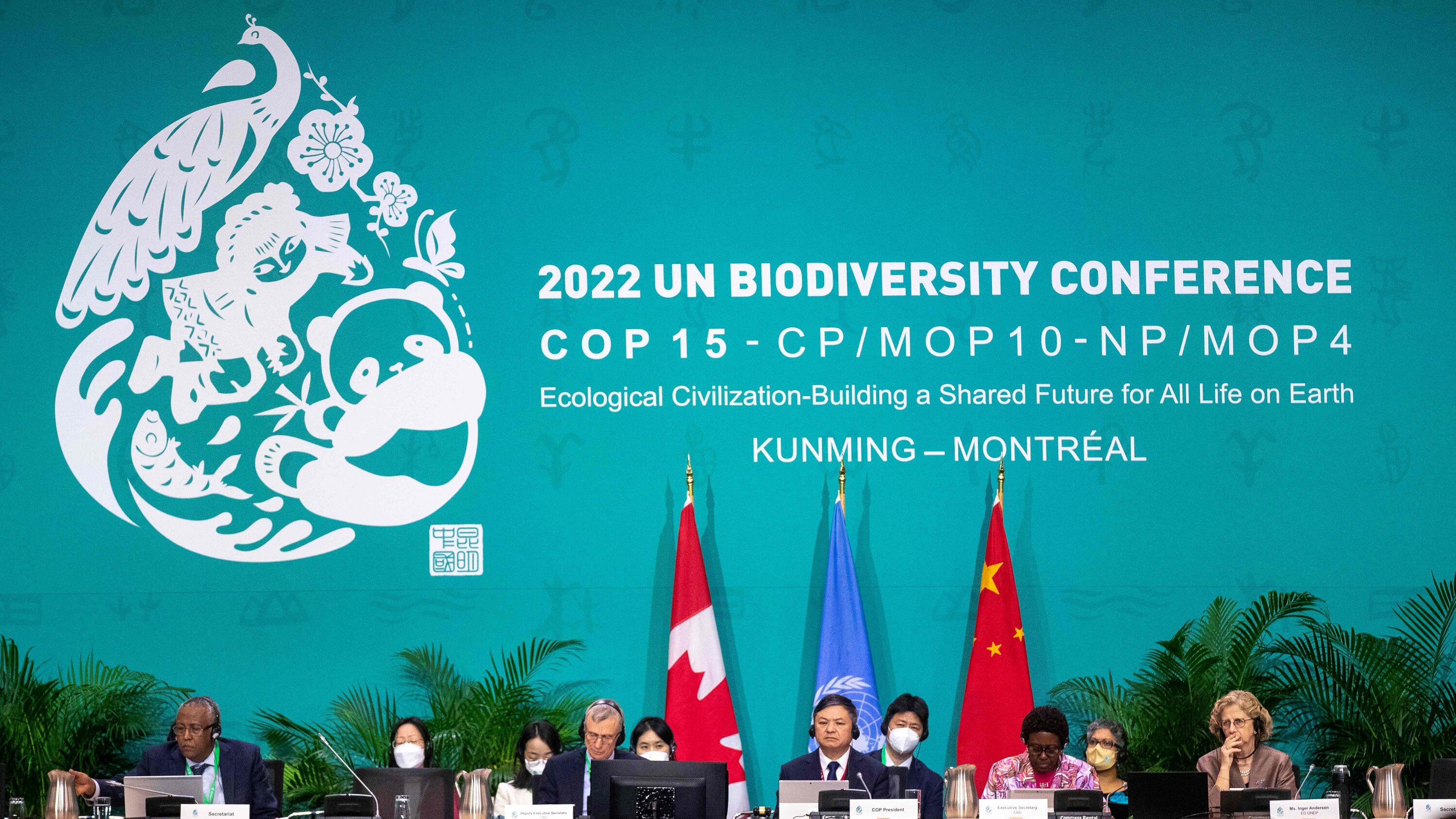
Montreal: Over 190 countries have adopted a landmark biodiversity pact to restore natural ecosystems. At the UN Biodiversity Conference, COP15 in Montreal, these countries agreed to protect 30 percent of the planet by 2030. The countries pledged to achieve 23 targets to reverse ecosystem degradation under four overarching goals for the survival of the natural world.
Under the Global Biodiversity Framework (GBF), countries also agreed to reduce harmful government subsidies worth 500 billion dollars annually, while vowing to identify subsidies that are harmful to biodiversity by 2025. The biodiversity plan gives India legroom on farm subsidies. The GBF gives elbow space to India both in terms of continuing farm subsidies and pesticide use. This has been a priority for India, which has been voluntarily pitching for natural farming in a big way.
Environment
Minister Bhupender Yadav, who led the country's negotiating team called it a milestone moment. He said that the suggestions from India for keeping all the goals and targets, globally, were accepted, along with other propositions. Mr Yadav said that the most significant contribution of the Indian interventions was that all targets are kept global in nature and countries will be free to adopt them according to their circumstances, priorities, and capabilities.
Minister Bhupender Yadav, who led the country's negotiating team called it a milestone moment. He said that the suggestions from India for keeping all the goals and targets, globally, were accepted, along with other propositions. Mr Yadav said that the most significant contribution of the Indian interventions was that all targets are kept global in nature and countries will be free to adopt them according to their circumstances, priorities, and capabilities.
The Global Biodiversity Framework is considered equivalent to the Paris Agreement on climate change in terms of its significance for protecting biodiversity. Its other targets include reducing the use of pesticides by half and raising annual international financial flows from developed to developing countries to at least 20 billion dollars by 2025, and to at least 30 billion dollars by 2030.
No Comments For This Post, Be first to write a Comment.
Most viewed from Specials
Most viewed from World
AIMIM News
Latest Urdu News
Most Viewed
May 26, 2020
Can Lionel Messi's visit boost Indian football?
Latest Videos View All
Like Us
Home
About Us
Advertise With Us
All Polls
Epaper Archives
Privacy Policy
Contact Us
Download Etemaad App
© 2026 Etemaad Daily News, All Rights Reserved.


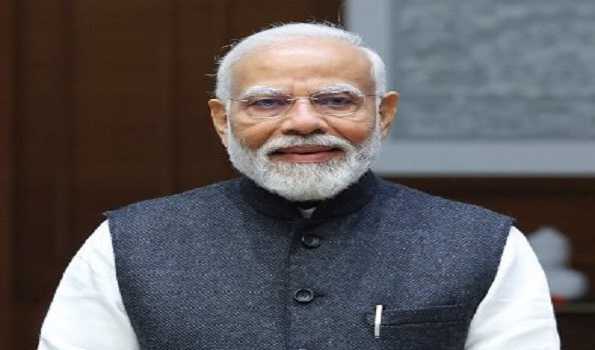
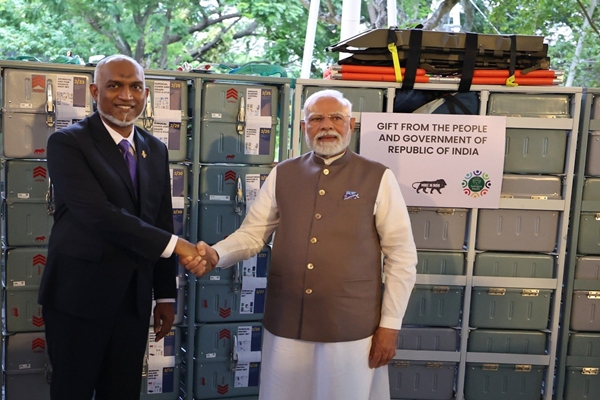
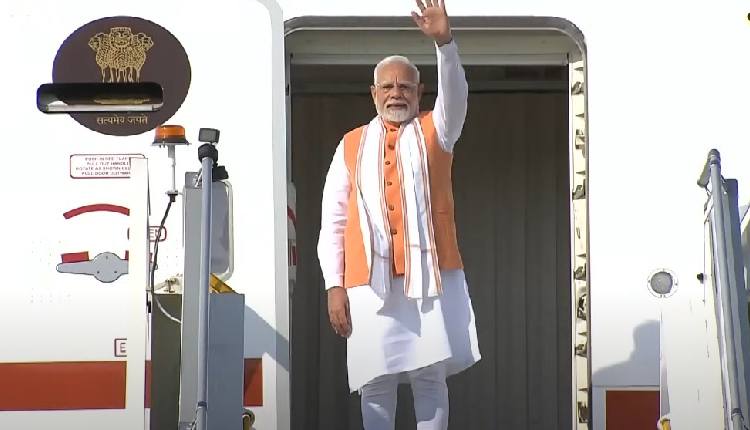
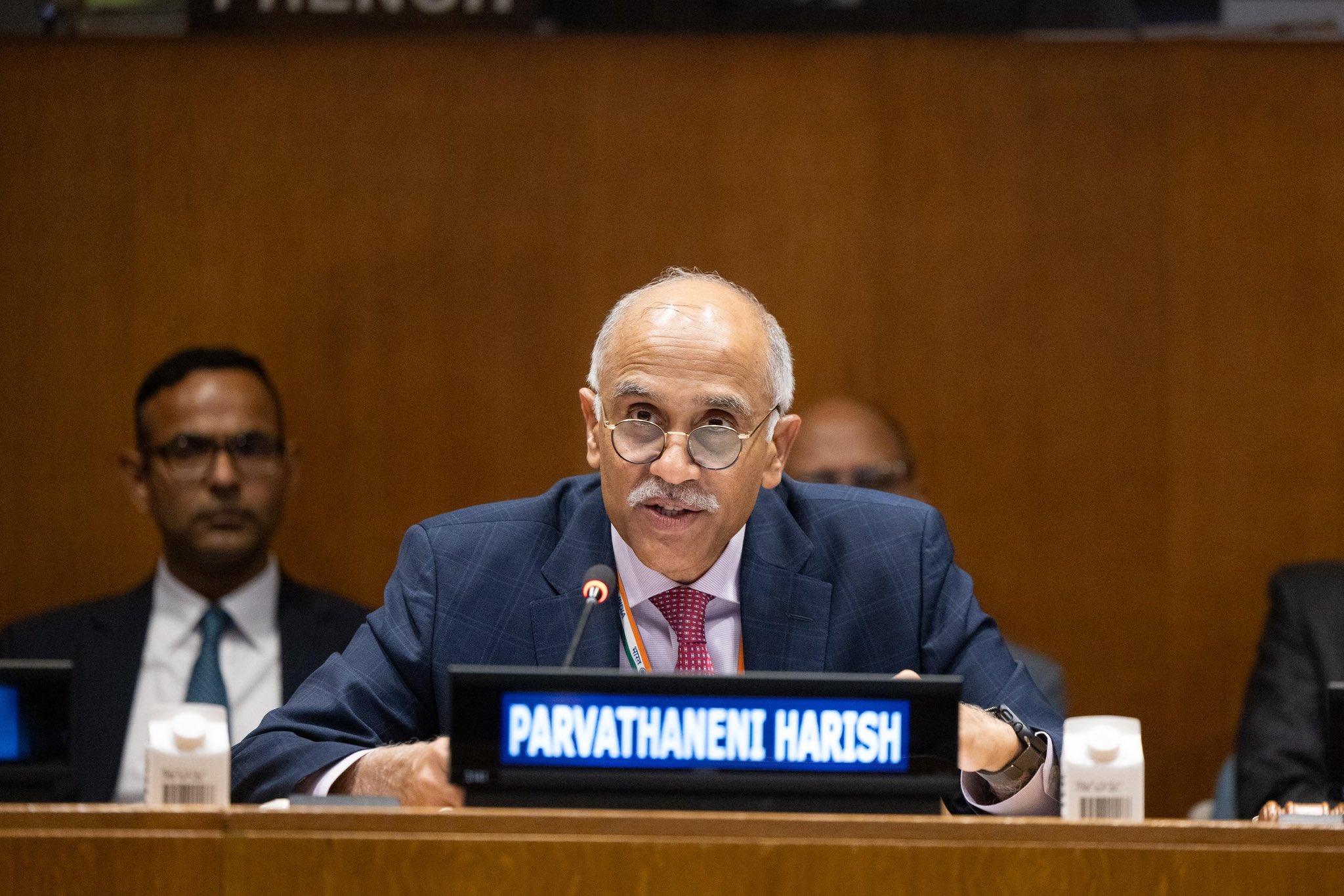
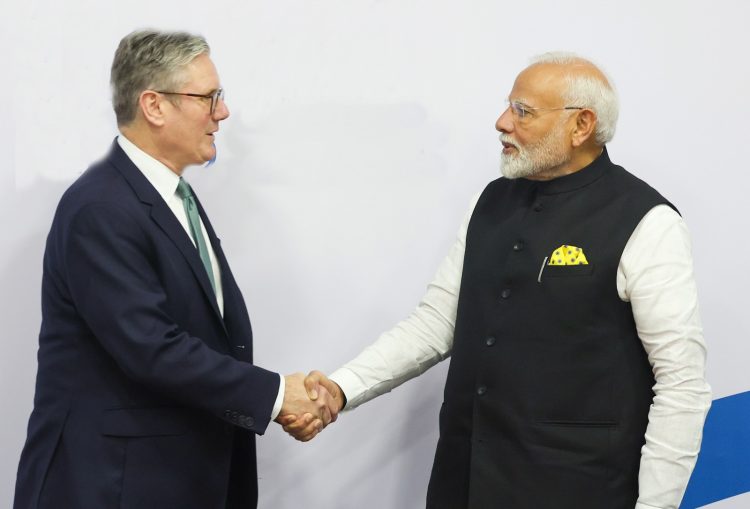
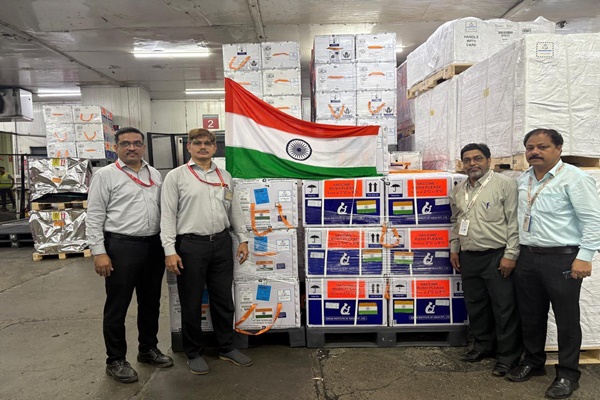
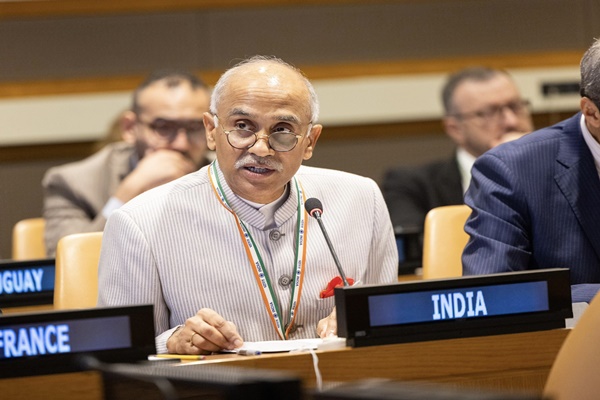
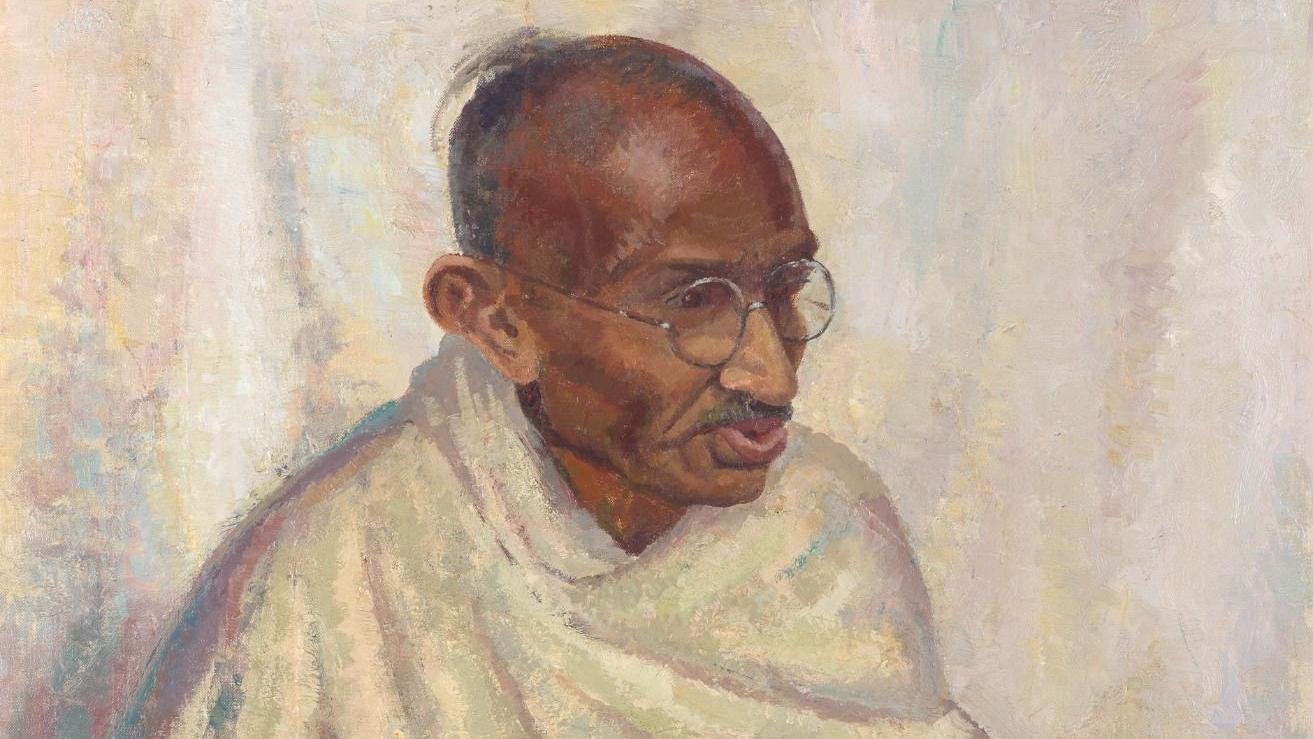
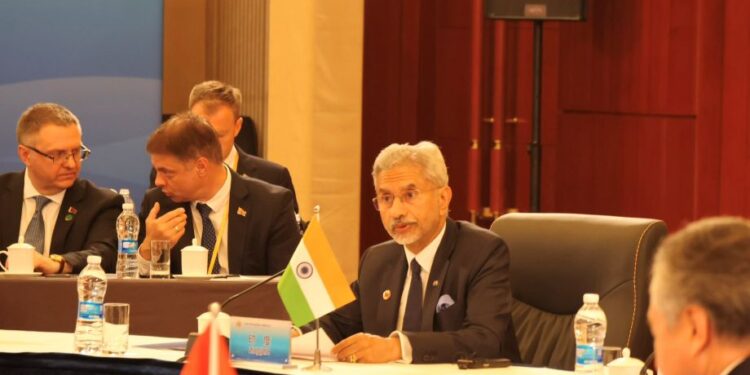
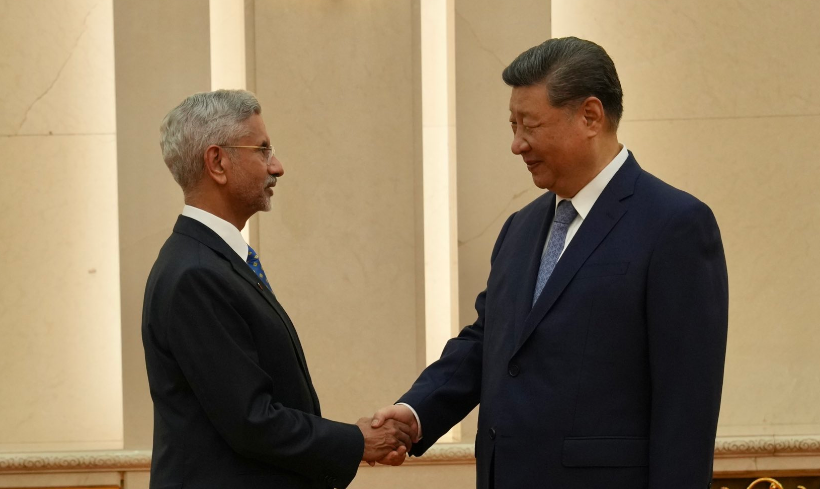



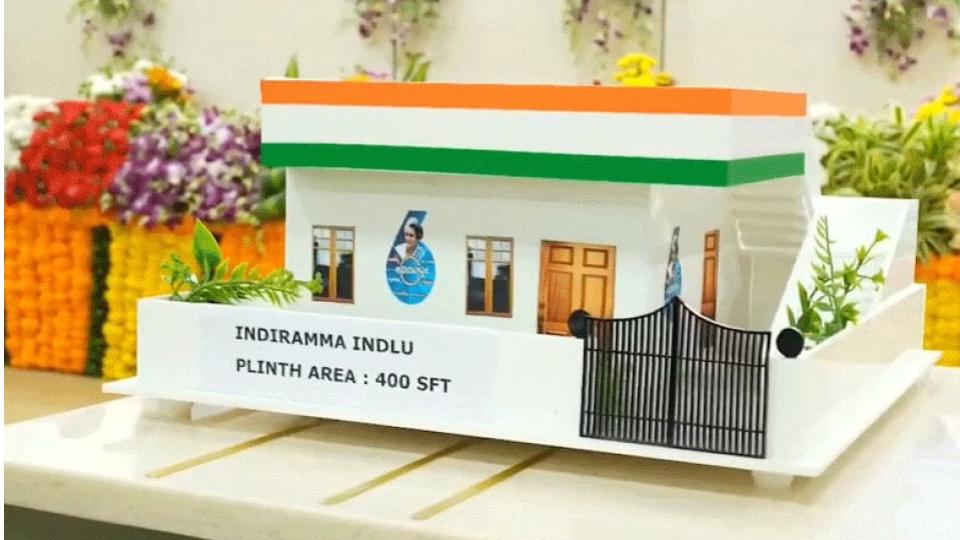






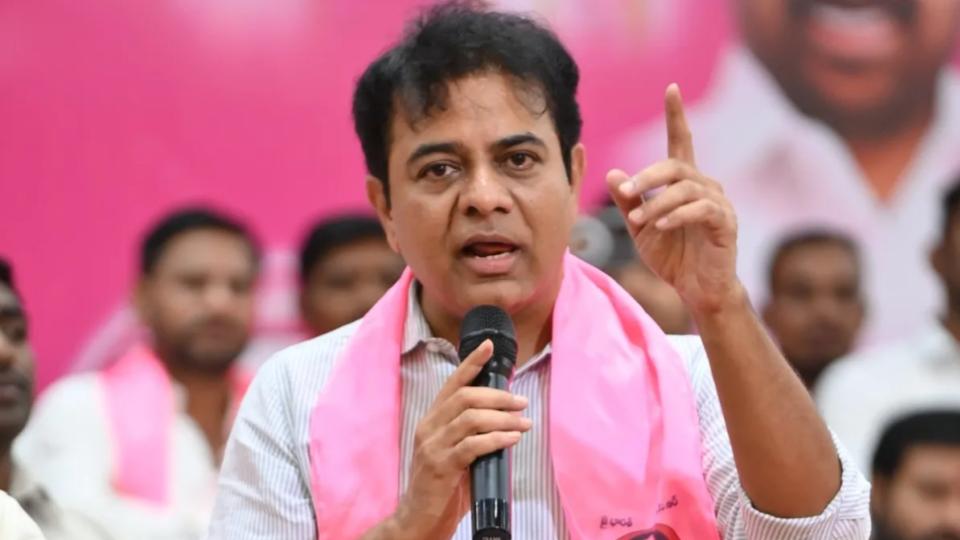
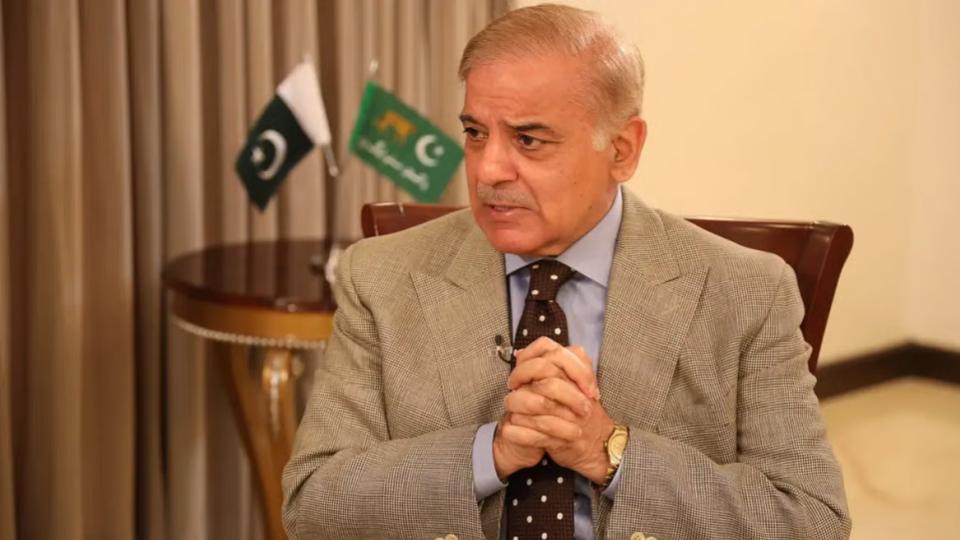
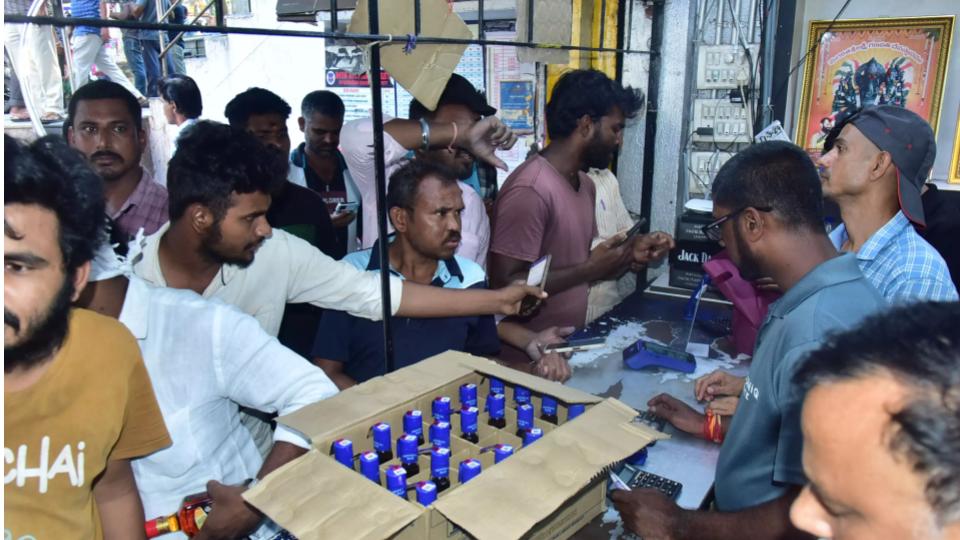












.jpg)
.jpg)
.jpg)


